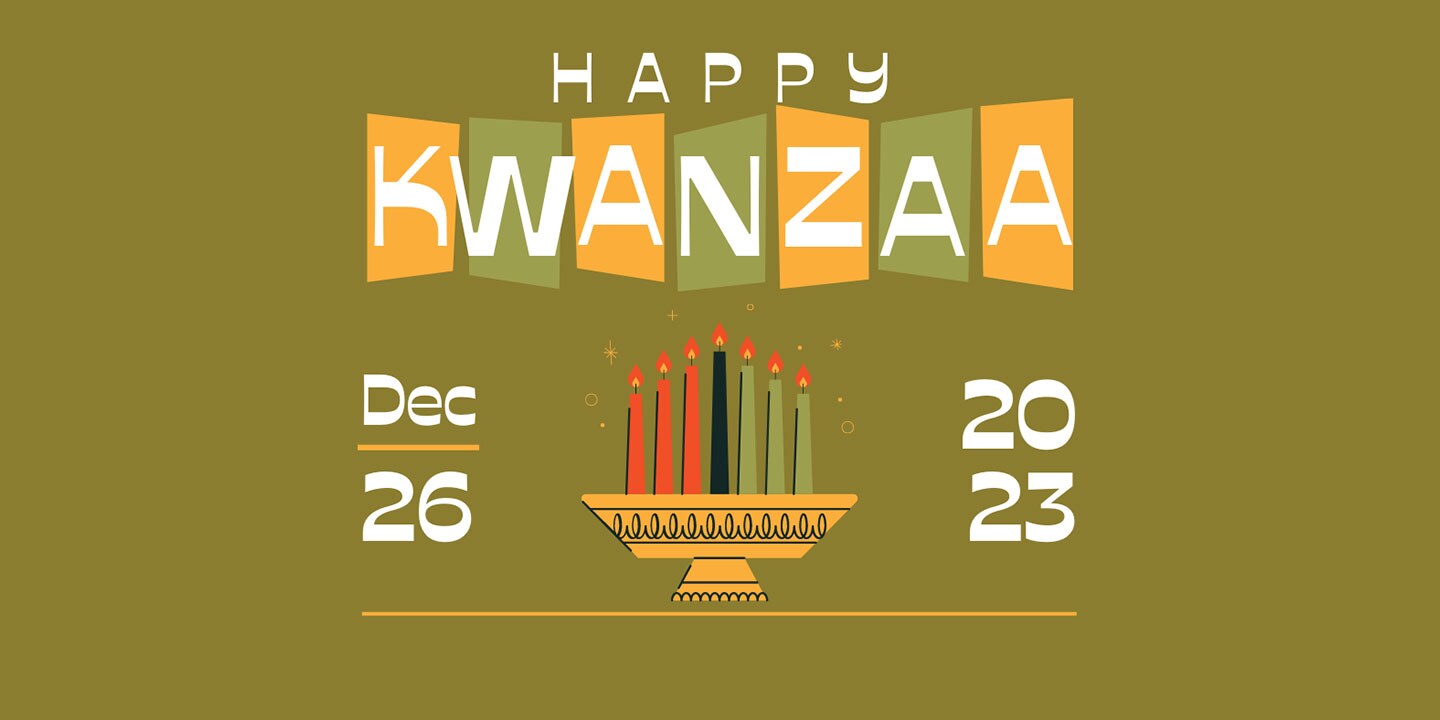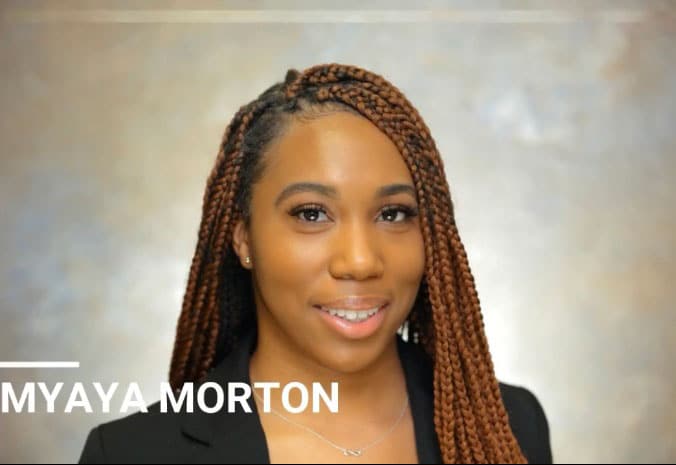
The Observation of Kwanzaa

In the 1960's, Dr. Maulana Karenga, a professor and chairman at California State University created the holiday of Kwanzaa to bring the Black community together. He borrowed many aspects from other harvest celebrations to produce a week-long holiday. Kwanzaa, the name means “first fruits” in Swahili.
Each day of Kwanzaa respects one of the seven principles – Umoja (unity), Kujichagulia (Self-determination), Ujima (collective work and responsibility), Ujamaa (cooperative economics), Nia (purpose), Kuumba (creativity), and Imani (faith). All seven of these principles collectively are referred to as the Nguzo Saba which derive from the African values of building and reinforcing community. On each night of Kwanzaa, the family gathers and one child lights a single candle in the candle holder or Kinara while discussing the principle of that day.
The symbols of the holiday are very important as well. Mazao are the crops which include fruits, nuts and vegetables which symbolizes the work done to celebrate and feast for the holiday. The mkeka or place mat comes directly from Africa being made from straw or cloth. It symbolizes history, culture and tradition and serves as a figurative foundation for the lives of those who celebrate. The Vibunzi is a stalk of corn that represents fertility. It brings good luck for reproduction of children and future hopes into the household.
The Mishumaa Saba are the seven candles comprised of three red, three green and one black candle while the candle holder is called the Kinara. These seven candles are placed in a very specific order. The candles symbolically are the sun’s power and are there to provide light. The Unity Cup from which each member drinks is called the Kikombe Cha Umoja. Lastly, Zawadi are the gifts which are given on the seventh day of Kwanzaa. The purpose of the gifts is to encourage the use of the seven principles and are exchanged between family members.
Many households celebrate Christmas and Kwanzaa simultaneously since one is religious and one is strictly secular. This year, Kwanzaa will be celebrated from Monday, December 26, 2022 to Sunday, January 1, 2023.
Do you have a compelling story or student success tips you’d like to see published on the Pearson Students blog? If you are a college student and interested in writing for us – click here to pitch your idea and get started!
About the author

Myaya A. Morton
Myaya A. Morton is a student majoring in Electrical Engineering at Jackson State University in Mississippi expecting to graduate in May 2023. She is a native of Hillside, New Jersey. Myaya has held many positions on campus such as the VP of the Campus Activities Board, mentor for the W.E.B Dubois-Harvey Honors College, and Class Senator for the Student Government Association. She has won multiple scholarships and awards and currently serves as President of the Gamma Rho Chapter of Alpha Kappa Alpha Sorority Inc., where she is a Spring 2020 initiate. Myaya is also the Pearson Campus Ambassador for Jackson State and serves as Student Director of the Video Committee. Upon graduation, she plans to attend graduate school to obtain an MBA.


